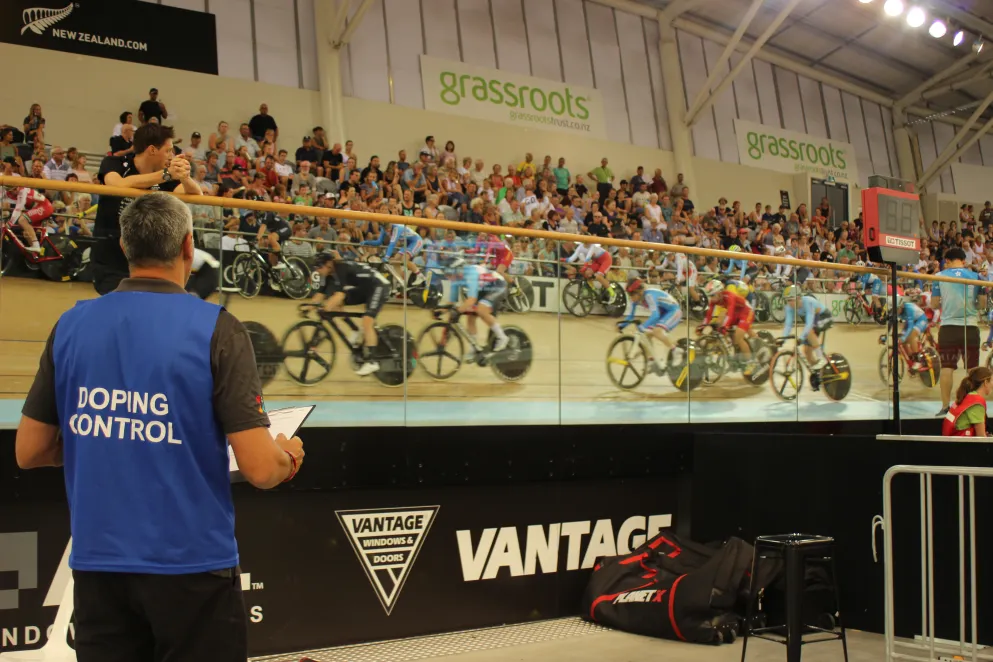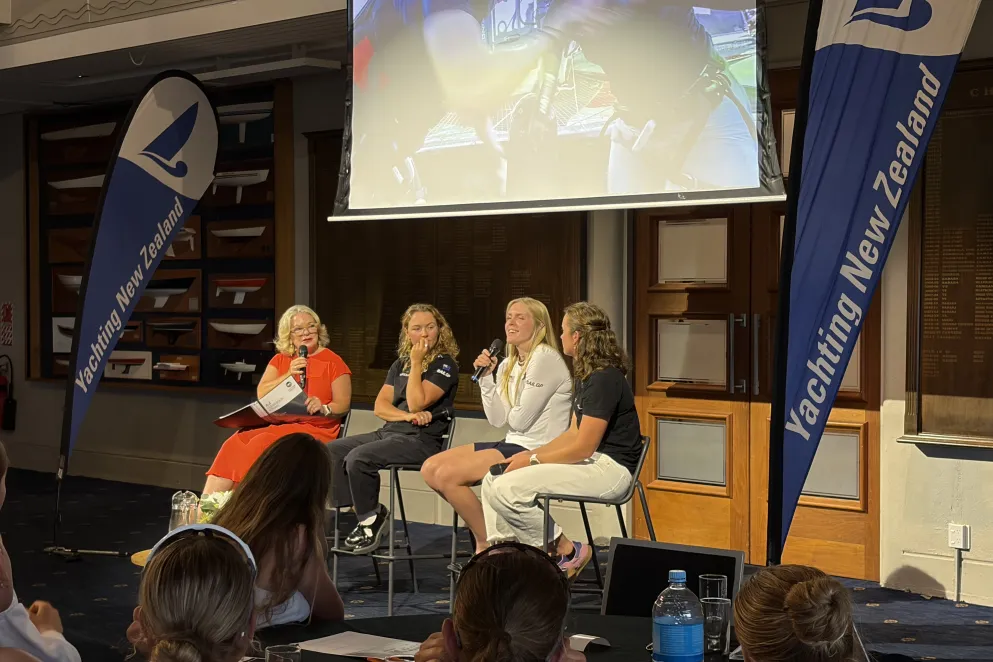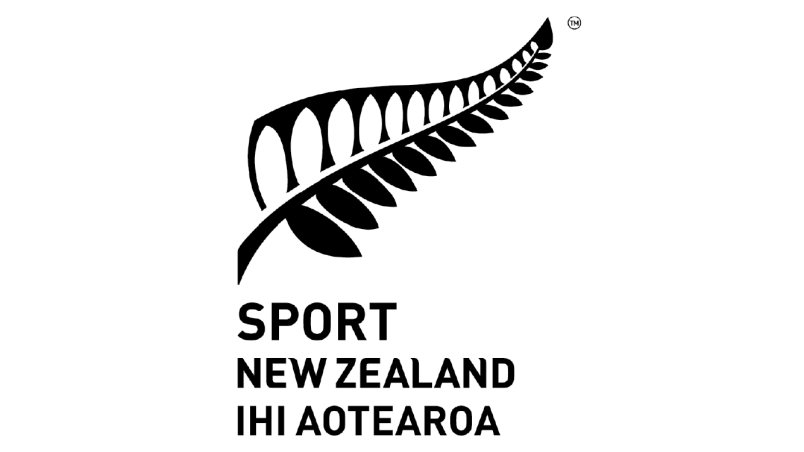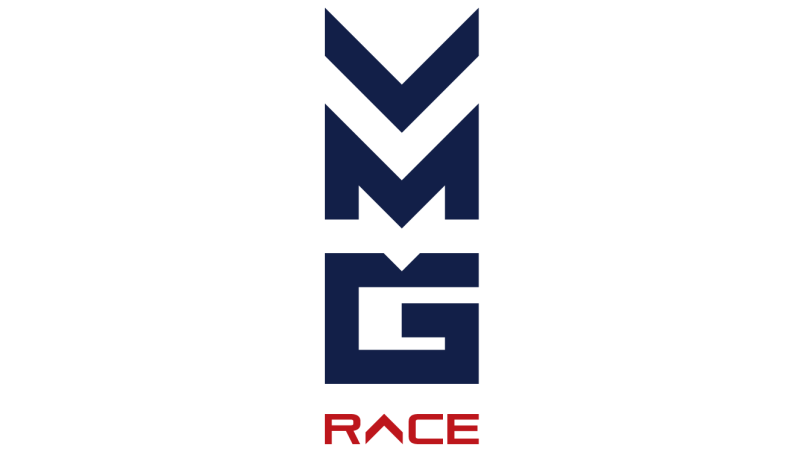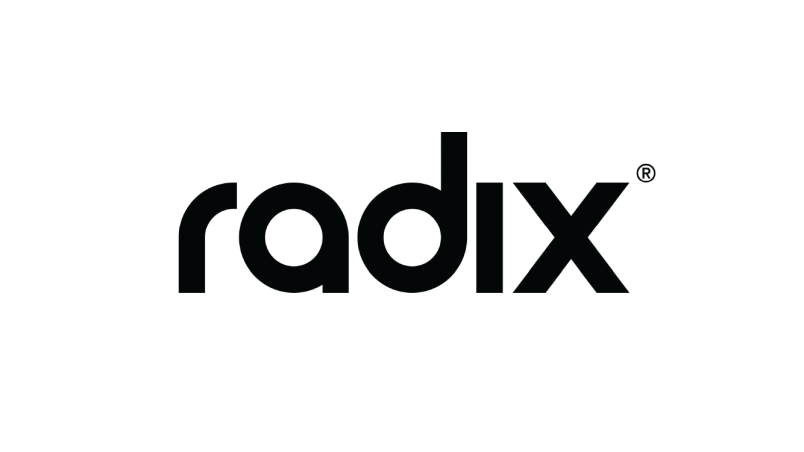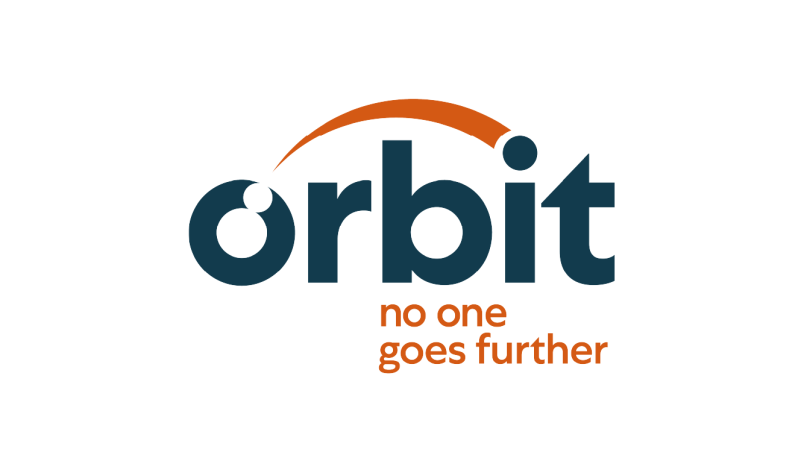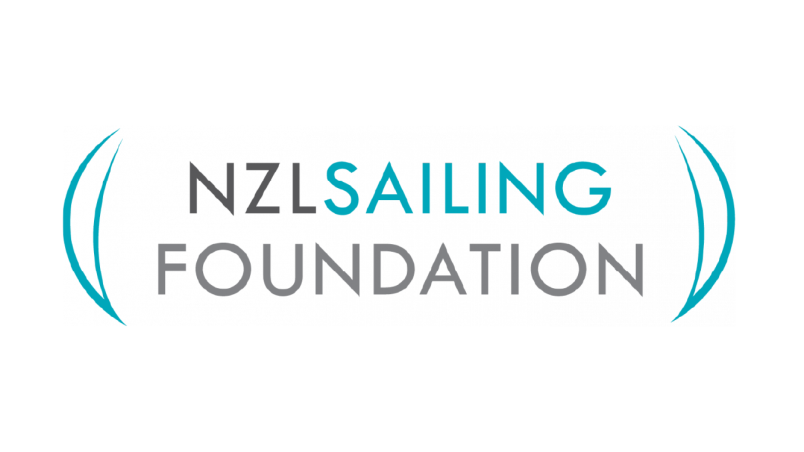Why it's not OK to take a shortcut to win at sport
Doping is the chemical equivalent of taking a short cut in a race, writes Drug Free Sport NZ chief executive Nick Paterson.
You’re loosening up on the sideline, getting the blood flowing while wet grass sticks to your boots. You’re conscious of a few injury niggles but looking forward to a run around with your team.
Sure, winning is nice, and good and fair competition is important, but it’s really about getting some exercise and having a few in the club house with your mates afterwards. But your opposite number looks jacked, displaying insta-worthy quads. Turns out he’s been hitting the gear in the off-season. Does that feel fair?
Or your competitor at nationals hits a sudden, sizzling new level of form on the bike. You used to be about the same level in masters grade, but now she’s launching off the front of the pack, and crushing you in the hills. It’s courtesy not of hard work, but of packages ordered online. Is that OK, since it’s not the Olympics?
We don’t think so.
Drug Free Sport NZ’s vision is “clean athletes, clean sport”. We think that Kiwis playing sport for enjoyment, exercise and personal challenge would be dismayed to learn that their competitors were doping to win or achieve a personal best. We don’t think doping is acceptable at any level of sport: it’s the chemical equivalent of taking a short cut in a race.
Preventing doping not only protects the integrity of competition, or the “spirit of sport”, but also protects the health of our sports people. If you want to see an example of when this goes badly wrong, look no further than the low-level British athlete who died in his bed after taking clenbuterol and other banned substances.
Our recent NZ Clenbuterol investigation has been unprecedented, and we’ve been asked if Drug Free Sport NZ has been too energetic in taking cases forward, particularly where it involves a lower level athlete. But can we afford to turn a blind eye?
In all of these cases we were given evidence of people buying prohibited performance-enhancing substances online. Our approach is similar to countries such as Australia, the US and Canada, in that our anti-doping legislation applies to everyone playing sport, and doesn’t allow us to look the other way. To do so would be to condone cheating, or cover it up.
Even where these substances are taken unknowingly, or in error, we are required to investigate and bring it before the sports tribunal. The sports tribunal then decides whether a violation has occurred and determines any sanction, or ban, for the individual. We don’t have flexible options, and neither does the tribunal, as we’re both bound by the world anti-doping code.
Of course this doesn’t mean we’ll be testing participants at all levels of sport. We’ll certainly not be testing bowling club members who may be on heart medication or the local under-12 football competition. Our testing programme remains focused on the higher levels of sport and those aspiring towards that level.
We believe our approach is principled, but our frustration with the code has been in relation to the sanctions available. While we think it is important that doping is not allowed at any level, the code does not differentiate in sanction between levels of athlete.
We don’t believe that is right.
Currently, a low-level athlete, potentially with no education or support personnel around them, often faces the same lengthy ban for taking a substance as an elite competitor. Our hope is that tribunals have other options for sanctions in these cases, for instance “community-based sanctions” such as mandatory anti-doping e-learning or requiring an athlete to speak to his or her sports club about their experiences, rather than face a multi-year ban.
We will continue to lobby WADA to allow for this approach in the code, as we know that it is incumbent on us to demand this change for Kiwi athletes and national sporting organisations.
New Zealand has been a world-leader in anti-doping, and at Drug Free Sport NZ we want to provide clean athletes support to compete in clean sport. Let’s work together to protect the clean, fair sport that we all value.
See here for more on Drug Free Sport NZ.
